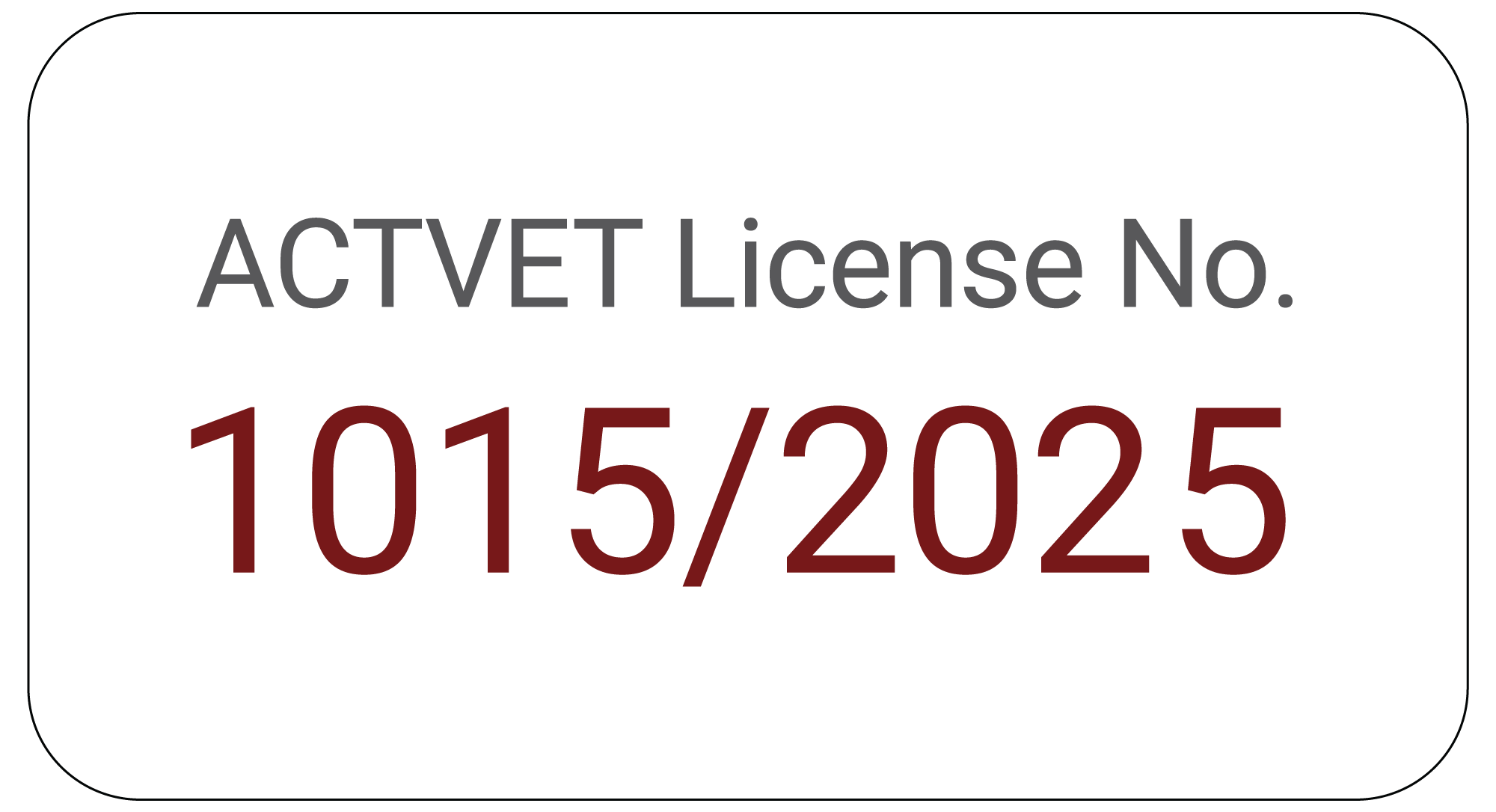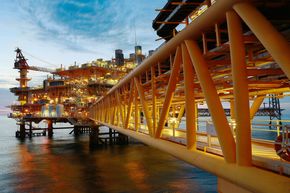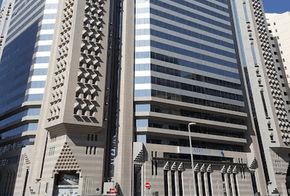API 510 – Pressure Vessel Inspector Exam Preparation

- January 17, 2026 - February 15, 2026
- 5 Saturdays & 5 Sundays at 6:00 PM to 9:00 PM GST (Dubai Time)
- Total Seats: 5 Reserved Seats: 1
- Online (Microsoft Teams)
- +971 562069465
- info@velosiaims.com
-
This 5-days course is meant to provide a thorough understanding of the engineering information required for In-Service Pressure Vessel Inspection (API 510), as well as proper preparation for the examination. This preparatory course will cover the fundamentals of pressure vessel design, with a concentration on the API body’s test syllabus. It contains all of the code parts alluded to by the API 510 committee, to the extent that they are required from an inspection standpoint.
This training will clarify the underlying intentions of all code sections, teach participants how to interpret code rulings, and increase their confidence in making judgements. The course includes five key topics: basic pressure vessel design engineering (ASME Sec VIII Div 1), in-service inspection techniques (API 510/ 572/ 576/ 577), in-service degradation mechanisms (API 571), retirement thickness calculations, and other aspects of Run-Repair-Replace decisions. The participants will receive detailed, illustrated course notes.
-
By completing this course, participants will be able to:
- To familiarize participants with the API 510 Code’s core principles and technical terms.
- To teach participants how to use the API510 Inspection Code in a systematic manner, with a thorough knowledge of the stated and intended requirements.
- Understand the fundamentals of pressure vessel design as well as the regulations for proper manufacturing, inspection, and testing.
- How to conduct pressure testing and certify the results.
- Learn the fundamentals of pressure vessel examination before they are put into service.
- To understand how pressure vessels degrade and suffer damage while in service.
- Calculate corrosion rate, inspection interval, and other vessel inspection parameters.
-
Training will be conducted via Microsoft Team Meeting. Meeting invites will be shared on the day before the first day of training.
-
5 Saturdays & 5 Sundays at 06:00 PM to 09:00 PM GST (Dubai Time)
-
- Presentation Slides
- Study References
-
Certificate will be issued upon successful completion of training.
-
Engineers, managers, inspection employees, plant operational engineers and managers, and those wishing to take the API 510 exam.
People who work as maintenance engineers and technicians, as well as those who troubleshoot plant operations. This training will be valuable to all QA/QC engineers, regardless of whether or not they want to take the API 510 exam
-
Education Years of Experience Experience Required BS or higher in engineering or technology 1 year Supervision or performance of inspection activities as described in API 510 2-year degree or certificate in engineering or technology 2 years Experience and skills in pressure vessel design, maintenance, construction, operation, or inspection, with at least one year spent supervising inspection activities. High school diploma or equivalent 3 years Experience and skills in pressure vessel design, maintenance, construction, operation, or inspection, with at least one year spent supervising inspection activities. No formal education 5 or more years Have 5 or more years’ experience and same skills as listed in item 2.
-
Examine the prerequisites for your selected program before applying for API certification to guarantee that you qualify to take the exam. Click in this Link for more information.
Applications are handled in the order in which they are received, starting with the most recent exam. Because application processing can take up to six weeks, submit your application as soon as possible to get the best possible exam dates and venues.
-
Group Discount (same company only)
- 15% Discount for groups of 5 or more
- 10% Discount for groups of 3-4
Bundle Discount
- Sign up for 2 courses and get an extra 10% off
- Sign up for 3 courses and get an extra 15% off
Course Outline
-
Module 1: Concepts related to new Vessels, ASME Sec. VIII.
- Introduction to API 510 Certification.
- Guidelines for preparation for examination.
- Design of Cylindrical shells, Calculation of vessel MAWP
- Static head calculations, Design of Dished heads - Hemispherical, Ellipsoidal, Tori spherical.
- Calculate vessel MAWP given vessel parts MAWP and elevations,
- Impact testing requirements,
- How to conduct and certify Pressure tests, writing hydro test Procedure & pneumatic test procedure.
- Key concepts of Nozzle reinforcement Inspection requirements for Pressure Vessels.
- NDT of Pressure Vessels.
- Fabrication and Heat treatment requirements.
-
Module 2: Concepts related to Inspection of in-service Vessels API510
- Inspection and testing practices for In-Service Vessels as per API 510,
- Typical degradation mechanisms in pressure vessels, monitoring degradation mechanisms.
- Inspection Plans, Pressure vessel inspection External, Internal, On-stream Inspection.
- Inspection and testing of Pressure relieving devices.
- Corrosion Rate Determination, Remaining Life Calculations.
- Frequency and Time of Inspection, Evaluation of Locally thinned Areas, Evaluation of Pitted surface.
- Correction of Weld joint Efficiency, Repairs, alterations & rerating of Pressure Vessels, Reports and Records.
- Sample Inspection Record.
-
Module 3: Other related codes, standards and recommended practices
- Detail discussions on Damage Mechanisms (API 571)
- Introduction to ASME Sec IX and its requirements.
- Understanding of PQR and WPS, Welding procedure qualification & welder qualification.
- Understanding rules imposed by ASME Sec V for various NDE techniques.
- Inspection of pressure relief devices (API RP 576).
- Safety valves, Relief valves, Safety Relief valves.
- Balanced Safety Relief valves, Inspection and Test Procedures of pressure relief devices, Discussions on Welding Inspection and Metallurgy. (API RP 577).
-
Final Assessment: Practice examinations close book and open book concluding Session.
Past Trainings
| From | To | Status | Type |
|---|---|---|---|
| January 17, 2026 | February 15, 2026 | Completed | Training |
| November 15, 2025 | December 14, 2025 | Completed | Training |
| August 2, 2025 | August 31, 2025 | Completed | Training |
| May 10, 2025 | June 8, 2025 | Completed | Training |
| July 17, 2024 | August 15, 2024 | Completed | Training |
| April 27, 2024 | May 26, 2024 | Completed | Training |
| February 11, 2024 | March 17, 2024 | Completed | Training |
| April 2, 2023 | April 30, 2023 | Completed | Training |
| February 26, 2023 | March 26, 2023 | Completed | Training |
| February 12, 2023 | March 12, 2023 | Completed | Training |
| December 11, 2022 | January 8, 2023 | Completed | Training |
| October 23, 2022 | November 20, 2022 | Completed | Training |



